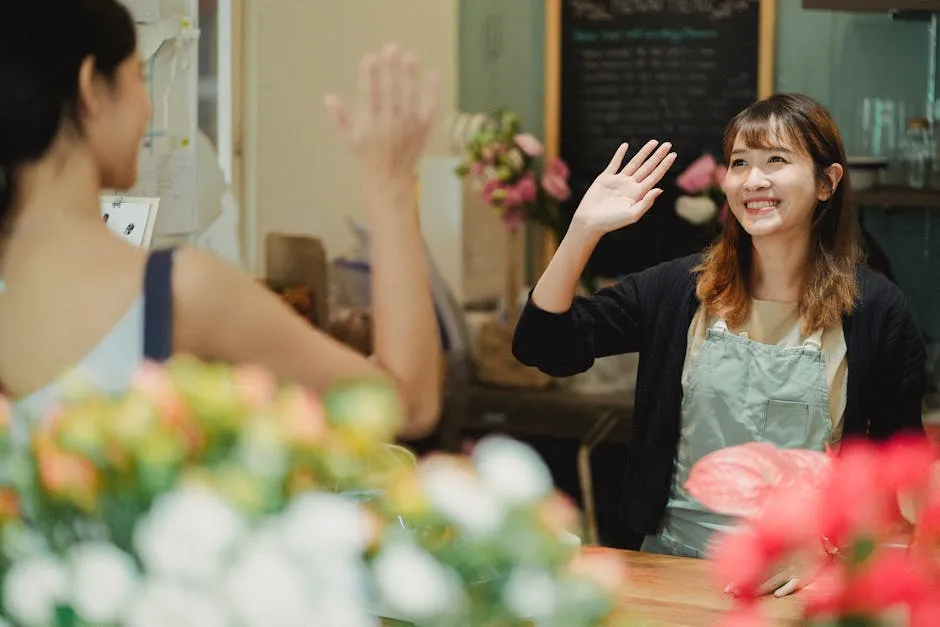When you first meet someone in China, do you shake hands, bow, or just say “hello”?
For many foreigners, greetings in China can be confusing. Unlike Japan (where bowing is the norm) or the West (where hugging or cheek-kissing is common), China has its own unique mix of traditions and modern habits.The good news is: greetings in China are usually simple — but there are a few cultural mistakes you’ll want to avoid. Let’s break it down step by step.
1. Handshakes: The Most Common Greeting
In China today, especially in cities, handshakes are the safest and most common way to greet someone — especially in business or formal situations.
✅ How to do it:
- Keep the handshake light (not too strong).
- A gentle nod or smile makes it friendlier.
Useful phrases:
- Nǐ hǎo.
你好.
Hello.
- Hěn gāo xìng rèn shi nǐ.
很高兴认识你.
Nice to meet you.
Cultural tip: Don‘t squeeze too hard. A very strong grip may feel uncomfortable in China.
2. Simple Verbal Greetings
Among friends or in casual settings, just saying hello works well. Chinese people don‘t hug or kiss on the cheek when meeting for the first time.
Useful phrases:
- Nǐ chī le ma?
你吃了吗?
Have you eaten?
- Nǐ zuì jìn zěn me yàng?
你最近怎么样?
How have you been?
- Nǐ hǎo ma?
你好吗?
How are you?
Cultural tip: “你吃了吗?(Have you eaten?)” is an old-fashioned greeting, but some older people still use it. It doesn‘t mean they want to eat with you — it‘s just like saying “How are you?”
3. Titles and Respect
When greeting older people, teachers, or professionals, adding a title shows respect.
Useful phrases:
- Lǎo shī hǎo.
老师好.
Hello, teacher.
- Wáng jīng lǐ hǎo.
王经理好.
Hello, Manager Wang.
- Shū shu hǎo.
叔叔好.
Hello, Uncle.
Cultural tip: Using someone‘s title + surname is more polite than just using their first name in many formal or business contexts.
4. What NOT to Do
❌ Don‘t hug or kiss someone on the cheek unless you‘re already very close — it may feel too intimate.
❌ Don‘t bow like in Japan — Chinese people don‘t normally do this.
❌ Don‘t use very casual slang like “Hey bro!” (unless they’re someone you’re super close with).
Once you know these small but important details, you’ll not only avoid awkward moments, you’ll also show locals that you understand and respect their culture.
Want to Greet Like a Local?
At eChineseLearning, our native teachers don’t just teach you vocabulary — they show you how to use greetings naturally in real-life situations. From handshakes to respectful titles, you’ll practice the exact words and body language that make first impressions smooth and confident.
Try your free 1-on-1 trial class with a live native Chinese teacher today, and turn your next “你好” into a natural connection.
Quiz:Which of these is the MOST natural greeting when meeting someone in China for the first time?
- A big hug
- 你好 (Nǐ hǎo) with a handshake
- A bow
👉 Comment your answer below!






✅ Correct answer: B. 你好 (Nǐ hǎo) with a handshake
❌ A is too intimate for first meetings.
❌ C is Japanese style, not Chinese.